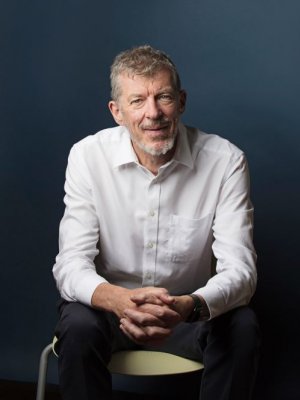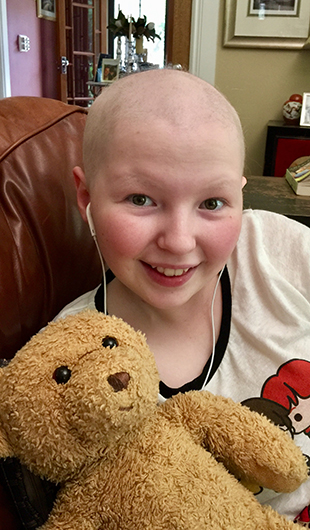
Australia’s first dedicated children’s immunotherapy centre will investigate treatments to not only increase the survival of kids with cancer, but to also improve their ongoing quality of life.
Named in honour of co-inventor of cancer prevention vaccine Gardasil, the Ian Frazer Centre for Children’s Immunotherapy Research is being led by The University of Queensland in collaboration with the Children’s Hospital Foundation, Children’s Health Queensland and QIMR Berghofer.
Under the guidance of UQ’s Professor Ian Frazer – a pioneering cancer researcher and immunotherapy expert – the centre will investigate translating current successful adult treatments into paediatric care.
“To date, children have not benefitted from advances in cancer immunotherapy to the same extent as adults,” Professor Frazer said.
“This centre will conduct desperately needed research to invent new immunotherapies, enhance current treatments’ efficacy and reduce unwanted long-term consequences of childhood cancer treatment.
“It will ensure current clinical research is translated into a new era of children’s cancer treatments.”
The Centre has been established through the generosity of the Children’s Hospital Foundation, which will provide $7.5 million in support for five years.
After that time, the Centre will be sustained in part by investment returns from endowed royalties UQ’s Faculty of Medicine receives from the Gardasil vaccine.
Cancer kills more children than any other disease in Australia with about three children and adolescents in Australia dying from cancer each week.
 Michael Horwood and Michelle Robson Young know this statistic all too well after their daughter Charlotte died in 2019, four months before her 14th birthday.
Michael Horwood and Michelle Robson Young know this statistic all too well after their daughter Charlotte died in 2019, four months before her 14th birthday.
Charlotte was diagnosed with Ewing sarcoma – a rare type of cancer that occurs in bones or the soft tissue around the bones – when she was just eight years old, and bravely endured five and a half years of treatment.
Charlotte sadly died the night before she was to commence a promising immunotherapy trial.
“Charlotte didn’t have the chance to benefit from the progressive treatment that has saved so many adult lives, and it’s because of this that the Ian Frazer Centre is so important,” Mr Horwood said.
“Hopefully, research conducted under this centre will see children, just like Charlotte, recover and live long, healthy and happy lives.
"That will be her legacy.”
Mr Horwood now sits on the advisory committee for the Ian Frazer Centre for Immunotherapy Research, in the hope of preventing other children from experiencing what Charlotte endured.
Children’s Hospital Foundation CEO Lyndsey Rice said the initial $7.5 million investment was possible thanks to philanthropic donations.
“These funds will see research findings turned into better bedside care, gentler treatments for serious childhood illnesses, and have the potential to save young lives right across the world,” Ms Rice said.
“This research is desperately needed, and without the funding to make it possible, survival rates won’t improve and children will continue to die from cancer.”
Leading immunologist UQ’s Professor Di Yu has been appointed as the inaugural director of the Ian Frazer Centre for Children’s Immunotherapy Research.
To donate to kids’ cancer immunotherapy research, visit ianfrazercentre.org.au
Above left: Charlotte Horwood and 'Teddy'. Image Supplied.
Media: UQ Medicine Communications, med.media@uq.edu.au, +61 (07) 3365 5118 or +61 (0)436 368 746.
.jpg)










